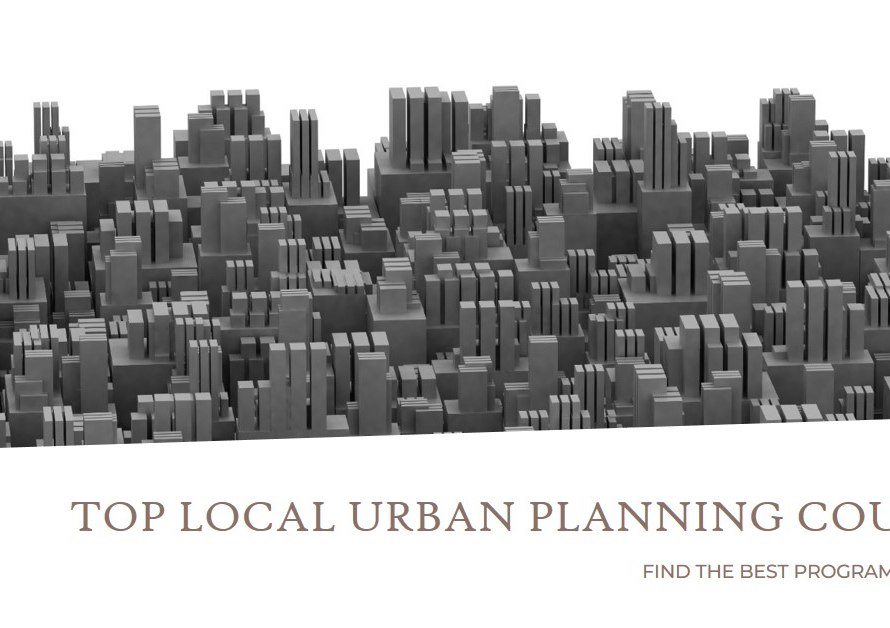
Table of Contents
Introduction:
In the intricate world of construction management, success hinges on effective planning, communication, and execution. With numerous moving parts and stakeholders involved, it’s imperative to streamline processes and mitigate potential challenges. Fortunately, seasoned professionals have honed their craft over years of experience, offering invaluable insights into simplifying construction management. In this comprehensive guide, we’ll delve into expert tips from the pros to help you navigate the complexities of construction projects with confidence and efficiency.
Establish Clear Goals and Objectives:
Before embarking on any construction project, it’s essential to establish clear and achievable goals and objectives. Define the scope of work, project timelines, budget constraints, and quality standards right from the outset. This foundational step sets the tone for the entire project and provides a roadmap for success. By clearly articulating project goals, you can align the efforts of your team and stakeholders, ensuring everyone is working towards a common vision.
Effective communication is key to ensuring that goals and objectives are clearly understood by all parties involved. Utilize tools such as project charters, kickoff meetings, and regular progress updates to reinforce project objectives and foster alignment. By maintaining transparency and clarity throughout the project lifecycle, you can minimize misunderstandings and keep the project on track.
Build a Competent Team:
A successful construction project relies heavily on the expertise and dedication of the project team. Assemble a competent team with diverse skill sets that complement each other and align with the project requirements. Evaluate potential team members based on their experience, qualifications, and past performance to ensure they are well-equipped to handle their respective roles.
Foster a collaborative work environment where team members feel empowered to share ideas, raise concerns, and collaborate towards common goals. Encourage open communication channels and promote a culture of accountability and mutual respect. By investing in your team and cultivating a positive work culture, you can enhance productivity, morale, and overall project success.
Utilize Technology and Automation:
In today’s digital age, technology plays a pivotal role in streamlining construction management processes and improving overall efficiency. Embrace construction management software and project management tools to automate routine tasks, track progress, and manage project documentation effectively. From scheduling and budgeting to resource allocation and communication, technology offers a myriad of solutions to simplify complex workflows.
Implementing Building Information Modeling (BIM) technology can revolutionize the way construction projects are planned, designed, and executed. BIM enables collaborative 3D modeling, clash detection, and visualization, facilitating better coordination among various stakeholders and reducing the likelihood of errors and rework. By harnessing the power of technology, construction managers can optimize resource utilization, mitigate risks, and deliver projects on time and within budget.
Prioritize Risk Management:
Construction projects are inherently fraught with risks, ranging from unforeseen weather events to supply chain disruptions and regulatory changes. Effective risk management is crucial for identifying, assessing, and mitigating potential threats that could jeopardize project success. Conduct comprehensive risk assessments during the planning phase to identify potential hazards and develop mitigation strategies accordingly.
Establish a risk management plan that outlines protocols for risk identification, assessment, and response. Assign responsibilities to key team members and establish clear communication channels for reporting and addressing risks as they arise. Regularly review and update the risk management plan throughout the project lifecycle to adapt to changing circumstances and emerging threats. By proactively addressing risks, construction managers can minimize disruptions, protect project timelines, and safeguard against costly setbacks.
Embrace Lean Construction Principles:
In an industry notorious for waste and inefficiency, lean construction principles offer a transformative approach to maximizing value and minimizing waste throughout the project lifecycle. Embrace principles such as just-in-time delivery, continuous improvement, and collaborative planning to streamline workflows and optimize resource utilization. By eliminating non-value-added activities and focusing on delivering customer value, lean construction practices can significantly improve project outcomes.
Implement lean construction techniques such as pull planning, where tasks are scheduled based on actual project needs rather than arbitrary timelines. Foster a culture of continuous improvement by encouraging feedback, innovation, and process optimization at every stage of the project. By embracing lean construction principles, construction managers can enhance productivity, reduce costs, and deliver projects that exceed client expectations.


Foster Effective Communication:
Clear and effective communication is the cornerstone of successful construction management. Establish open lines of communication among project stakeholders, including clients, contractors, subcontractors, and suppliers. Clearly define communication protocols, channels, and escalation procedures to ensure that information flows smoothly and efficiently throughout the project lifecycle.
Utilize technology-driven communication tools such as project management software, collaboration platforms, and virtual meeting solutions to facilitate real-time communication and collaboration among dispersed teams. Regularly scheduled meetings, progress reports, and status updates help keep stakeholders informed and aligned with project objectives. By prioritizing communication and transparency, construction managers can build trust, mitigate conflicts, and foster stronger partnerships with stakeholders.
Implement Effective Project Controls:
Effective project controls are essential for monitoring project performance, tracking progress, and maintaining project discipline. Establish key performance indicators (KPIs) and metrics to measure project progress, budget adherence, quality standards, and safety performance. Implement robust reporting mechanisms to capture real-time data and provide insights into project health and performance trends.
Utilize earned value management (EVM) techniques to monitor project progress and forecast future performance based on cost and schedule variances. Implement change management processes to assess the impact of scope changes, mitigate potential delays, and maintain project alignment with client expectations. By implementing effective project controls, construction managers can proactively identify issues, optimize resource allocation, and ensure timely project delivery.
Cultivate Strong Relationships:
Construction projects are inherently collaborative endeavors that require strong relationships and partnerships among all stakeholders involved. Cultivate strong relationships with clients, subcontractors, suppliers, regulatory authorities, and other key stakeholders to foster trust, collaboration, and mutual respect. Invest time and effort in understanding the needs and expectations of each stakeholder and strive to exceed their expectations at every opportunity.
Proactively address conflicts and disputes through open dialogue, mediation, and conflict resolution techniques. Foster a culture of fairness, transparency, and integrity in all interactions, building a reputation for reliability and professionalism within the industry. By cultivating strong relationships, construction managers can leverage collective expertise, resources, and support to overcome challenges and achieve project success.
Continuously Learn and Adapt:
In the ever-evolving field of construction management, staying abreast of industry trends, best practices, and emerging technologies is essential for staying competitive and delivering superior outcomes. Invest in professional development opportunities for yourself and your team, including training programs, certifications, and industry conferences. Encourage a culture of lifelong learning, curiosity, and innovation within your organization.
Regularly assess project performance, solicit feedback from stakeholders, and conduct post-mortem reviews to identify lessons learned and areas for improvement. Embrace a mindset of continuous improvement and adaptability, seeking out opportunities to refine processes, enhance efficiency, and deliver greater value to clients. By embracing a learning-oriented approach, construction managers can stay ahead of the curve and position themselves for long-term success in the dynamic construction industry.
Conclusion:
Construction management is a multifaceted discipline that requires a combination of technical expertise, leadership skills, and strategic thinking. By implementing the expert tips and best practices outlined in this guide, construction managers can simplify project management processes, mitigate risks, and deliver successful outcomes. From establishing clear goals and fostering effective communication to embracing technology and cultivating strong relationships, mastering construction management is within reach for those willing to invest the time, effort, and dedication required. By continuously learning, adapting, and innovating, construction professionals can navigate the complexities of the industry with confidence and achieve sustainable success in their endeavors.


